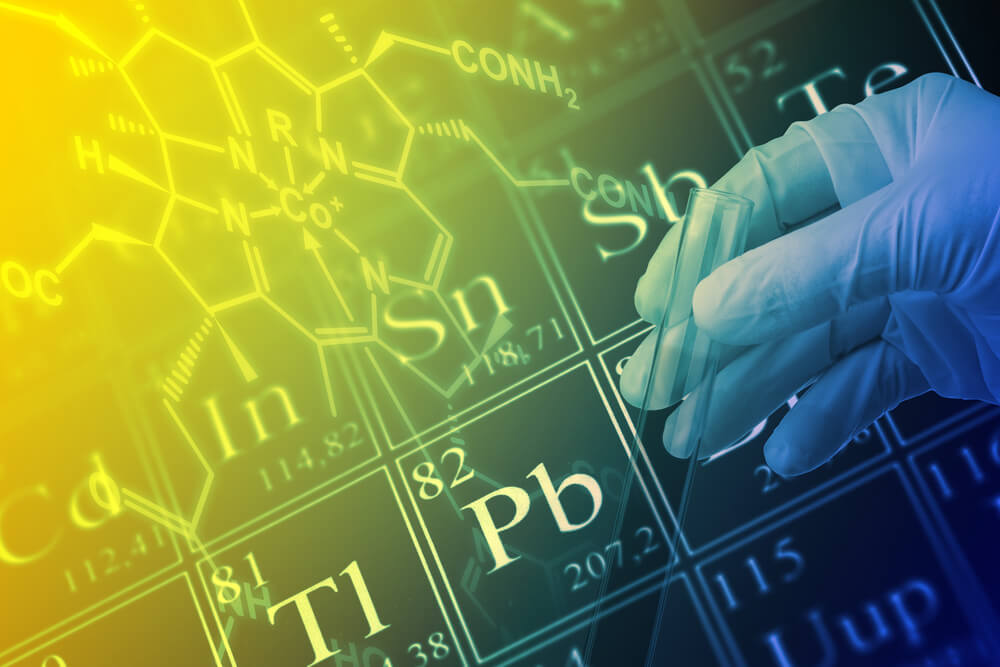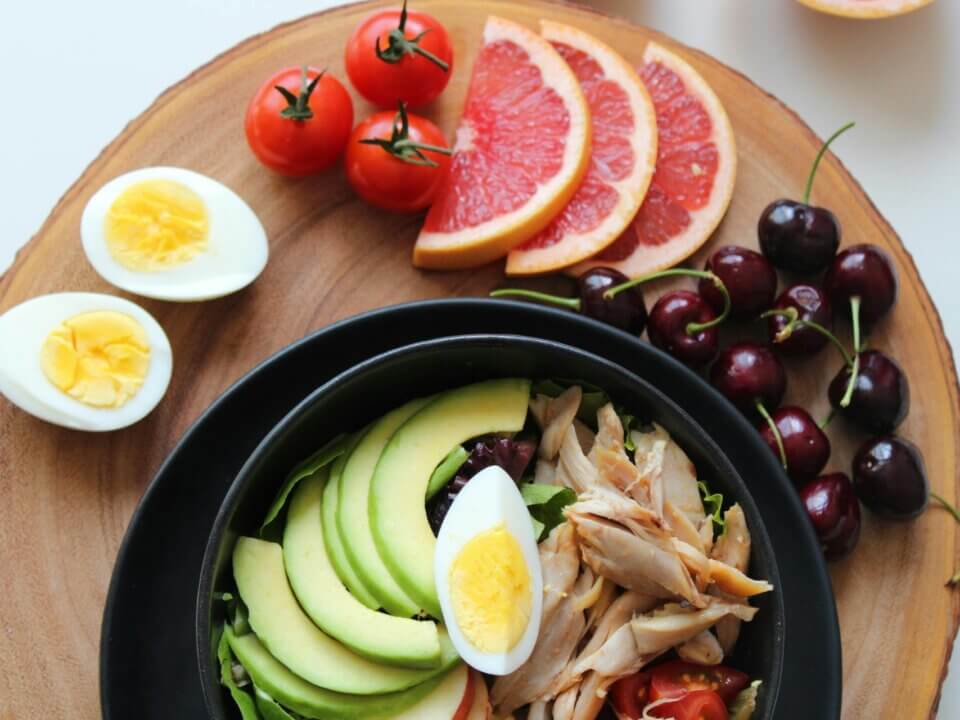How is JC Chemistry Tested?
Published on 29 January 2021 by Edu Aid | For Parents | For Students | Science | Study and Exams Tips & Guide

Students coming to JC Chemistry from O-level Chemistry may find the huge jump in content a difficult challenge to tackle. While Chemistry in secondary school merely touched the tip of the iceberg, Chemistry in JC gets far more advanced and covers even more topics. JC Chemistry also shifts the focus to more of hands-on and practical applications, requiring students to apply the concepts they have learned instead of simply memorising and paraphrasing them. While a student may have been able to score well in O-level Chemistry by memorising key concepts, they would find themselves at a loss in A-level Chemistry if they have not mastered the applications of Chemistry. It is thus essential for students to have a good grasp of the subject if they wish to score well.
The importance of Chemistry cannot be understated, as it forms the basis for many science-based study paths and careers. Although studying Chemistry at its base level may seem dry, it is imperative that JC students know the subject like the back of their hands before they can move on to applications of Chemistry in higher studies.
Additionally, since other areas of science employ Chemistry concepts, it is a requirement in JC that science-streamed students take Chemistry on top of their choice of Physics or Biology. Students can choose the level of Chemistry they wish to take, namely an elective level at H1, a full subject at H2, or an advanced course at H3. Most students will take either H1 or H2 Chemistry depending on their proficiency. If a student scores well in H2 Chemistry at the end of JC1, they might then be offered the option of H3 Chemistry, to be taken concurrently with H2 Chemistry. H3 Chemistry is especially challenging because students who pick it up will only do so at the start of JC2, leaving them a mere 10 months or less to master the material. As such, most students find themselves turning to JC Chemistry tuition to keep up the pace.
Components of the A-level Chemistry Exam
Both H1 and H2 Chemistry share the same Paper 1 and 2, while H2 Chemistry adds an additional Paper 3 and 4. Paper 1 is the multiple-choice component, consisting of 30 questions to be completed in an hour. This amounts to about two minutes per question, presenting a harrowing situation where students must scramble to complete their Paper 1 on time. It is thus important for JC students to get their multiple-choice answering down to a science, using smart methods such as elimination to clear questions with the utmost speed and accuracy.
Paper 2 consists of structured and data-based questions. These questions are challenging and not only require a student to have a strong understanding of the content, but also the know-how to apply that knowledge. When tackling Paper 2 questions, it is important for students to spot the keywords and answering styles each question is looking for. Our recommended way of preparing for Paper 2 is to practice extensively on past-year papers and assessment books.
Paper 3 is only applicable to H2 Chemistry. This paper comprises free-response questions, designed to test students’ understanding of key concepts, evaluation of the questions and high-level application of what they have learned. Section A of Paper 3 contains three to four questions, all compulsory, while students will be given the option to choose one of two questions in Section B. This is where students may encounter time constraints if they attempt one question halfway, only to realise that they are unable to answer all the parts and must change to the other question. To avoid this, it is important for students to read through both questions and all their parts carefully before selecting one to attempt. Choosing wisely is the key!
Like Paper 3, Paper 4 – which comprises the practical component – is likewise only applicable to H2 Chemistry. Accounting for 20% of the final grade, the practical exam is not to be taken lightly. It includes a written Planning component on top of carrying out the experiment and presenting your findings. It is a good idea to read the end of the question first to find out the objective of the experiment, before identifying the concepts tested and proposing an appropriate method to test the hypothesis. Be prepared to explain the reasoning behind choosing that method, as well as the conclusions you can draw from your results.
Understandably, JC Chemistry, especially at the higher levels, can be a massive hurdle to overcome. Fortunately, our expert Chemistry teachers are here to the rescue. Rest assured that once you attend our A-level Chemistry tuition, all your fears about JC Chemistry assessments will melt away under our expertise.





